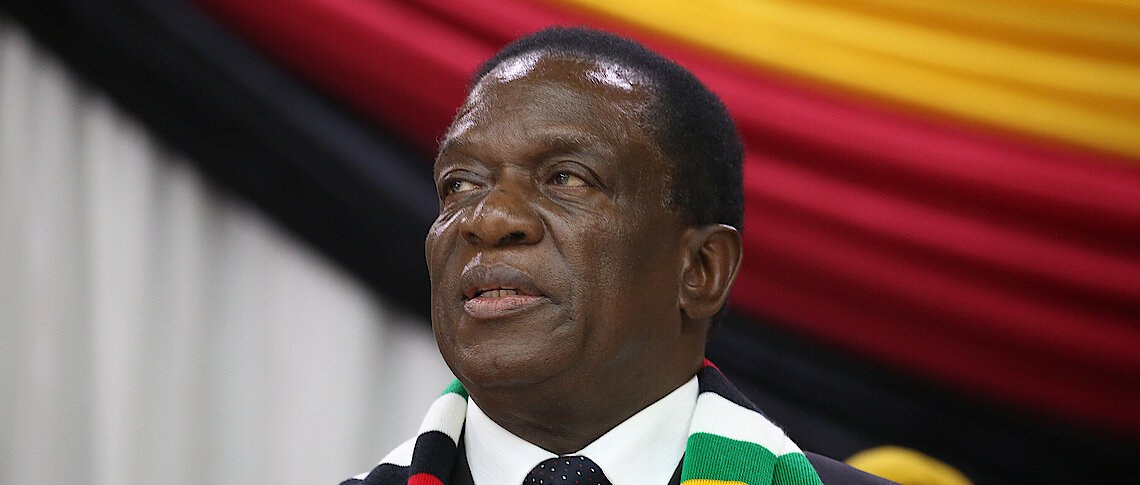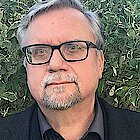Read this interview in German or Russian.
On 30 July, around 5 million Zimbabweans are called to the ballot box for the first time since long-time dictator Robert Mugabe was ousted by the military in 2017. In what could be a historic election, observers are concerned whether the elections will be free and fair.
Joanna Itzek and Daniel Kopp spoke to Ulrich Golaszinski, Resident Representative of FES Zimbabwe, about the situation shortly before the elections.
What’s the political situation in Zimbabwe after 37 years of one-man rule?
Although Robert Mugabe was forced from office last November, his system remains intact. In fact, it wasn’t a military putsch or regime change that forced him to leave, but rather a palace coup over political and economic power and influence within Mugabe’s ZANU-PF party: Factional struggles impact political life because party structures and state institutions overlap. Since the military installed Emmerson Mnangagwa as president, the most notable change is in the atmosphere: No longer seen on the street, the police seem to have simply disappeared. And the terrifying rhetoric of Mugabe, his wife and their supporters is no longer heard.
The strongest contender in the upcoming elections is considered to be the politician you already mentioned: Emmerson Dambudzo Mnangagwa, Mugabe’s successor. Until he fell from grace, the 75 year-old was Mugabe’s right hand for many years. What does he stand for?
Two statements characterise Mnangagwa’s approach: open for business and re-engagement. He wants to lead Zimbabwe out of the isolation caused by Mugabe’s politics, and to tempt local and international investors to come to the country. He’s having only moderate success, but as always, the international community is waiting to see how the elections go and investors are uncertain that they can trust the government. Of course, there’s no talk of expanding democracy in Zimbabwe.
Earlier elections were marred by fraud and efforts to intimidate voters. What are the chances for fair elections this time around?
The same people who have been rigging votes since 2002 are still in office. However, the violence of 2008 has ended: The dictators have learned from their errors and developed new methods for use in ‘electoral autocracies’. And in the end, the ZANU-PF is sure to win.
What are the most pressing problems for the new government of Zimbabwe?
Over 70 per cent of Zimbabweans are poor and most of them live in rural areas. Between 70 and 90 per cent of the population is unemployed and has to rely on informal activities to survive. Health care and the once highly praised public education system are in ruins. The infrastructure is falling apart. Whichever government wins must improve its citizens’ miserable plight. But this requires involving ordinary Zimbabweans – who have to be able to control and call to account their country’s plunderers.






